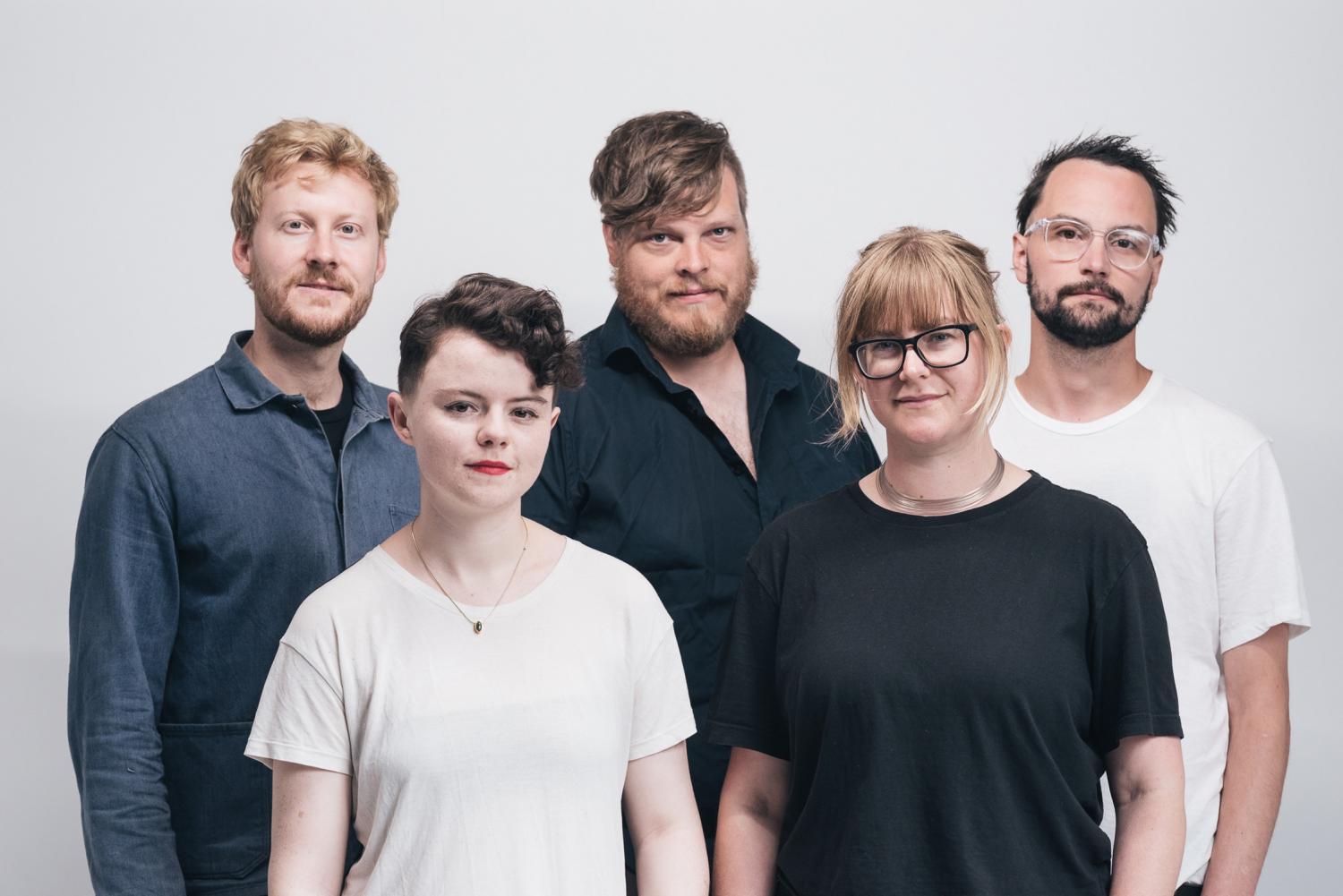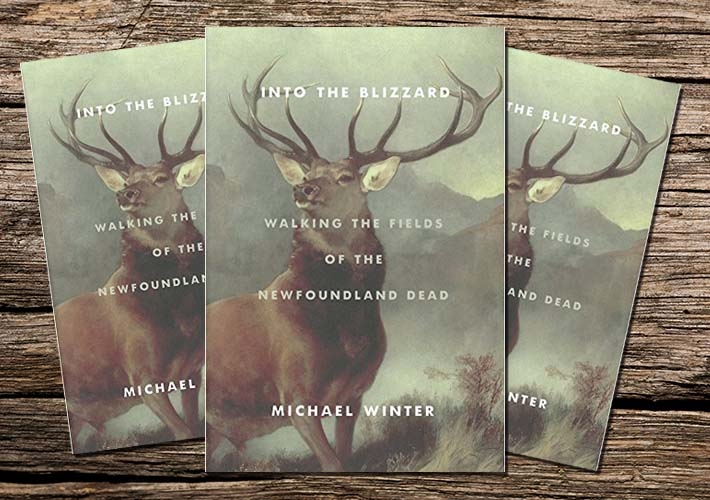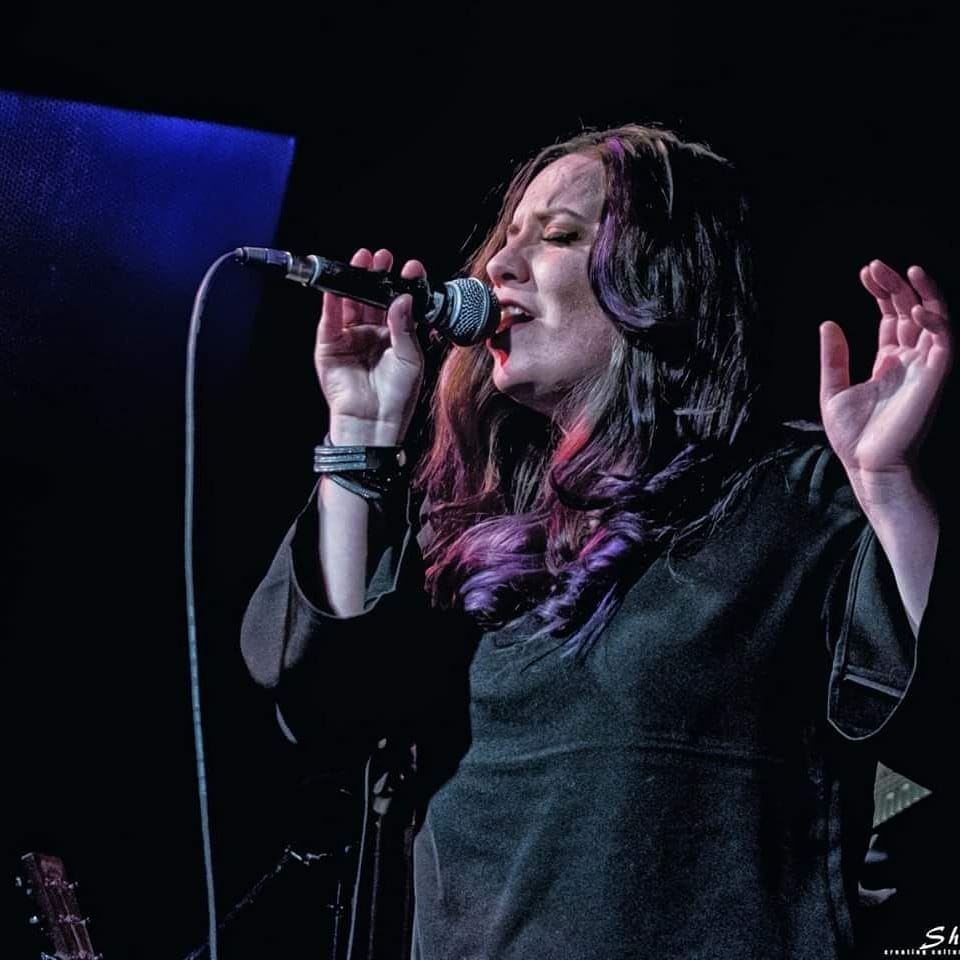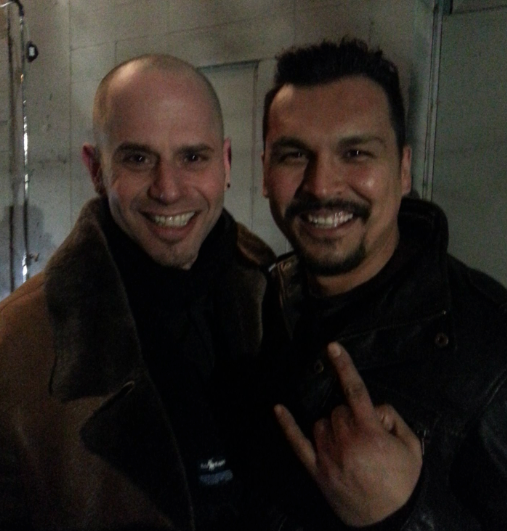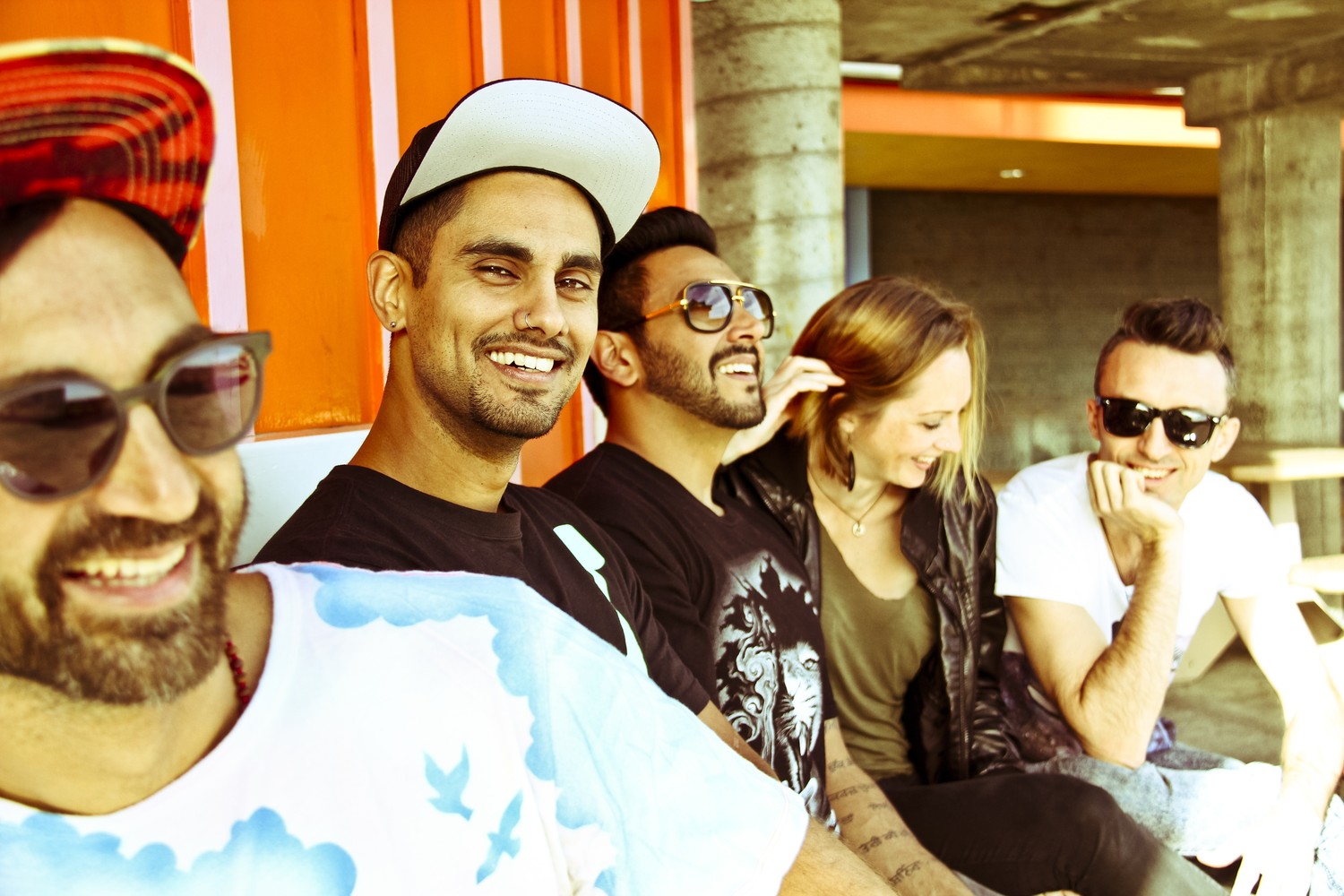
Interview with Delhi 2 Dublin’s Sanjay Seran
Musically, Vancouver's Delhi 2 Dublin is like a world trip. Between those two stops you're going to sample some Celtic, Bhangra, Electronica, Funk, Hip Hop and Reggae not to mention whatever other genres of influence they're tossing into the mix at any given show. However, singer Sanjay Seran doesn't like to be classified, watered down or labled. Such things are barriers the band has blasted through in their ten years together by simply not defining themselves, letting their music settle into whatever groove you want it to fit within. Some call it a "melting pot", world or fusion. They just call it Delhi 2 Dublin and along with that sound the band has become known for delivering epic, high octane shows that merge all their styles into something that resembles what might happen if you decided to have a party at the gym. You're going to move and it's going to be a work out!
Last year was a busy one for the band as they hit double digits and their not looking to hit the breaks any time soon with a possible new album out this year and a tour of Canada and the U.S. that hits Ottawa's Shenkman Arts Centre Friday night. If they're past shows are any indication, it's going to feel like festival season with theater seats instead of grass. Just leave some room in the aisles because you never know where a Delhi 2 Dublin performance is going to take you.
We managed to slow Sanjay Seran down enough to talk to him about the band's longevity, his views on their unique sound and what really goes into those wild nights when they hit the stage!

Ottawa Life: As a band that incorporates so many different cultural vibes in your music –from Reggae to Celtic to Bhangra– how do you manage the right balance to form the perfect mix?
Sanjay Seran: It’s like writing any type of music, the parts that are best for the song stay in and those that aren’t adding anything need to be removed, so the balance comes from what’s best for the song and the only reason there are so many different vibes to our music is that we come from such diverse backgrounds and influences. There have been many songs that definitely didn’t have the right mix or balance… those were scrapped fast, you only here the good ones!
Have the cultures contained within your music influenced you in other ways?
Not really. I mean I identify with being a Punjabi so its really the other way around, our music is directly influenced by us and our backgrounds. However, I do understand the difference between a reel and a jig!
I read once that the melding of the various sounds in your band was “inspired by opportunity”. Can you elaborate on that?
There has never been a time when we have added certain types of music for the sake of doing so. The members, writers, and collaborators really just bring in the their own flavours and thus the diversity is truly organic. We really have the opportunity to be so free because our inspirations are so diverse themselves. And on the flip side, we are West Coast band and something like D2D couldn’t have been born out of a better place. The support of a large Punjabi population combined with the jammy bass scene that exists here provided the best opportunity for such a project to flourish. It was the right place and the right time for sure.
Having seen you perform now twice, your live shows contain such a blast of energy. I imagine a lot of that is feeding off the crowd. To you, what goes into an epic show?
Number one ingredient is the crowd, the sweatier more packed or the larger and crazier the festival the more we get off. It’s so cyclical – its awesome to witness it happening in the moment too.
Last year the band celebrated 10 years together. Being such a diverse act, one might be inclined to think it would have been difficult to maintain your longevity. What do you feel carried the band to the ten year milestone?
Specific goals and working hard on inter-band relationships and the business itself. It's something we want to see be successful so we do what all small businesses do to see that out like visioning exercises and communication workshops. I also think one of biggest things is we’ve been hands on running the business side of things, we know exactly what our money situation is and how to be the most cost efficient to ensure sustainability. We’ve also built the right team of people behind us who are aligned with the our big picture outlook. But really its just consistent hard work over time that is the key. Its a lot of work!
You all met on stage, not necessarily the typical way to form a band, I’d think. Taking you back to March, 2006, what sticks out over a decade later about that first show at the Vancouver Celtic Festival?
The fact that is was just a fun little collaboration with no pressure. When we keep that vibe going we are successful, when things get too serious we know we are doing something wrong and things don’t work out.
Where do you think you’d all be right now had you not all stepped onto that Vancouver stage together?
Way too heavy of a question. It’s been too long now to even imagine a life outside of D2D. It’s like somehow or someway we would have ended up working together.
How do you feel the band has evolved since then?
We are better song writers for one thing. We’ve traveled all over the world so our experience in the industry guides us a lot more, and I think we are much more clear about what we want to accomplish with the band and that is reflected in the type of music we are making. The sound is way more focused now than ever too.
Why do you feel the media or listeners in general feel they need to label your music with words like “fusion” or “world” when you’ve said you don’t really label your sound at all?
Not sure, especially into such watered down labels too! The term ‘world’ music is so stupid and naive in my opinion. Just because there are different instruments played and languages sung that aren’t English the music gets thrown into the world category even if its electronic or hop hop or whatever. Imagine if all mainstream music on the radio was put into the category of “english” music. That would be just as dumb. However, I feel optimistic this, we just received a WCMA for best Electronic Act and in the Canadian music industry I think that is a huge marker.
Do you find that the band has had an advantage in not being pigeon-holed into one genre or has it been more difficult?
I think it depends. For mainstream radio it is a hindrance for sure. We are told there is no format for our music so we aren’t played on the big stations, even if we are selling more tickets than those who are played. Conversely, we are at and advantage because we can play a much larger variety of festivals and shows. We are comfortable in the electronic world and have played festivals such as Burning Man, Electric Forest, Symbiosis and Shambhala but also fit in comfortably with folk fests or cultural events like the Festival of India or Canada Day on Parliament Hill.
You once referred to yourselves as “road warriors” and with the amount of touring you’ve done here and abroad I believe it! Where have been some of your most memorable performances?
The Bali Spirit Fest in Ubud, Woodford festival in Oz, Burning Man was crazy, and this year we played Hardly Strictly Bluegrass in San Francisco where the headliners where Cyndi Lauper and Chris Issak – that was pretty cool. But the single most memorable one would have to be the first time D2D played in India. That was life changing.
With so much millage, what would you say are some of the things you have learned from your travels as a band?
Eat when you can. Sleep when you can. Speak your mind and deal with issues immediately, there isn’t time or room for resentment – there’s just too much else to do.
What was it like touring India for the first time? I imagine that must have been a special trip for you.
Yeah that was rad. It was like finally we were playing to an audience that understood bass music and Punjabi music. They also love the violin out there. We felt like we were on a even playing field instead of being the underdog. It gets tiring having to prove yourself all the time and there we don’t to, we can just do what we do and they love it.
The video for “We’re All Desis” was shot there. You’ve said how the India slums have been Hollywood’ized, so to speak, and that wasn’t really something you saw. Can you tell me what went into the choice of shooting there and what the shoot was like?
The slums, especially Dharavi, aren’t slums at all. It is a fully functioning society full of happy and whole people in the heart of Mumbai. The people there have so much opportunity and many of those that have become successful still reside there. It is just much more romantic to think of it as a place of extreme poverty rather than the culturally rich place that it is. I’m not saying it’s perfect but it is definitely pretty awesome. As for the shoot, the director, Kedar Sonigra, pitched us the idea and we loved it. We weren’t even there for the shoot. It was all done after we had returned back to Vancouver. All the ‘actors’ were kids who lived within Dharavi too.
2017 is a pretty big year for Canada but what does it look like for D2D?
The best part is that with each year it get easier and better so 2017 looks like it is going to be pretty awesome. With major record support a lot of our focus will be on getting back to India and doing some big releases there. We will also begin writing for a new album, maybe its released this year too?!

